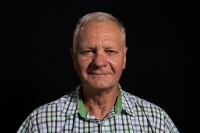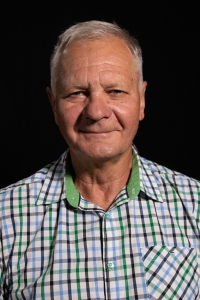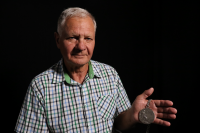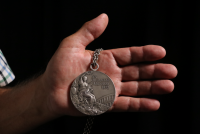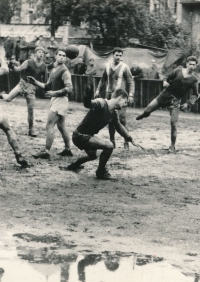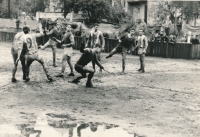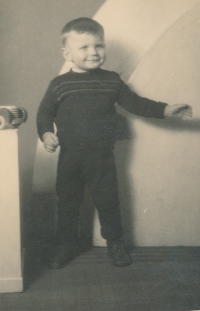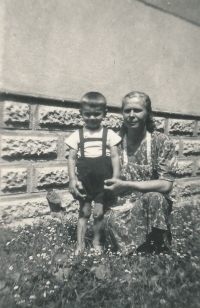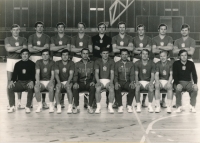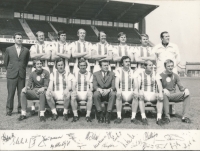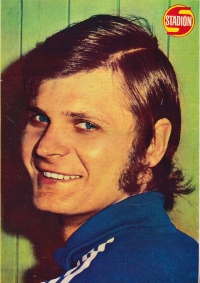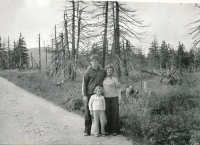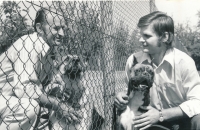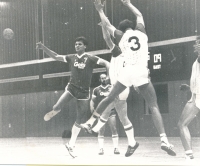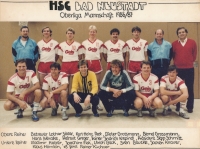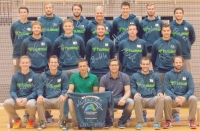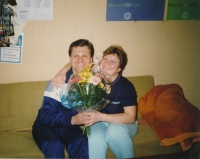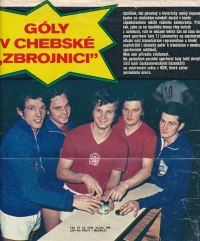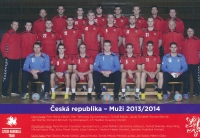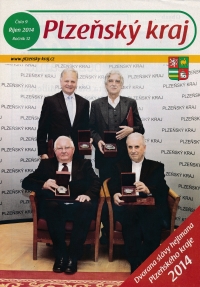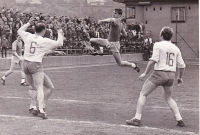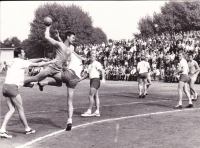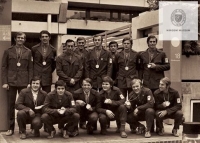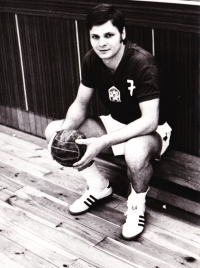He felt sorry for the Soviet soldiers, but not for the handball players. He avenged the occupation at the Olympics
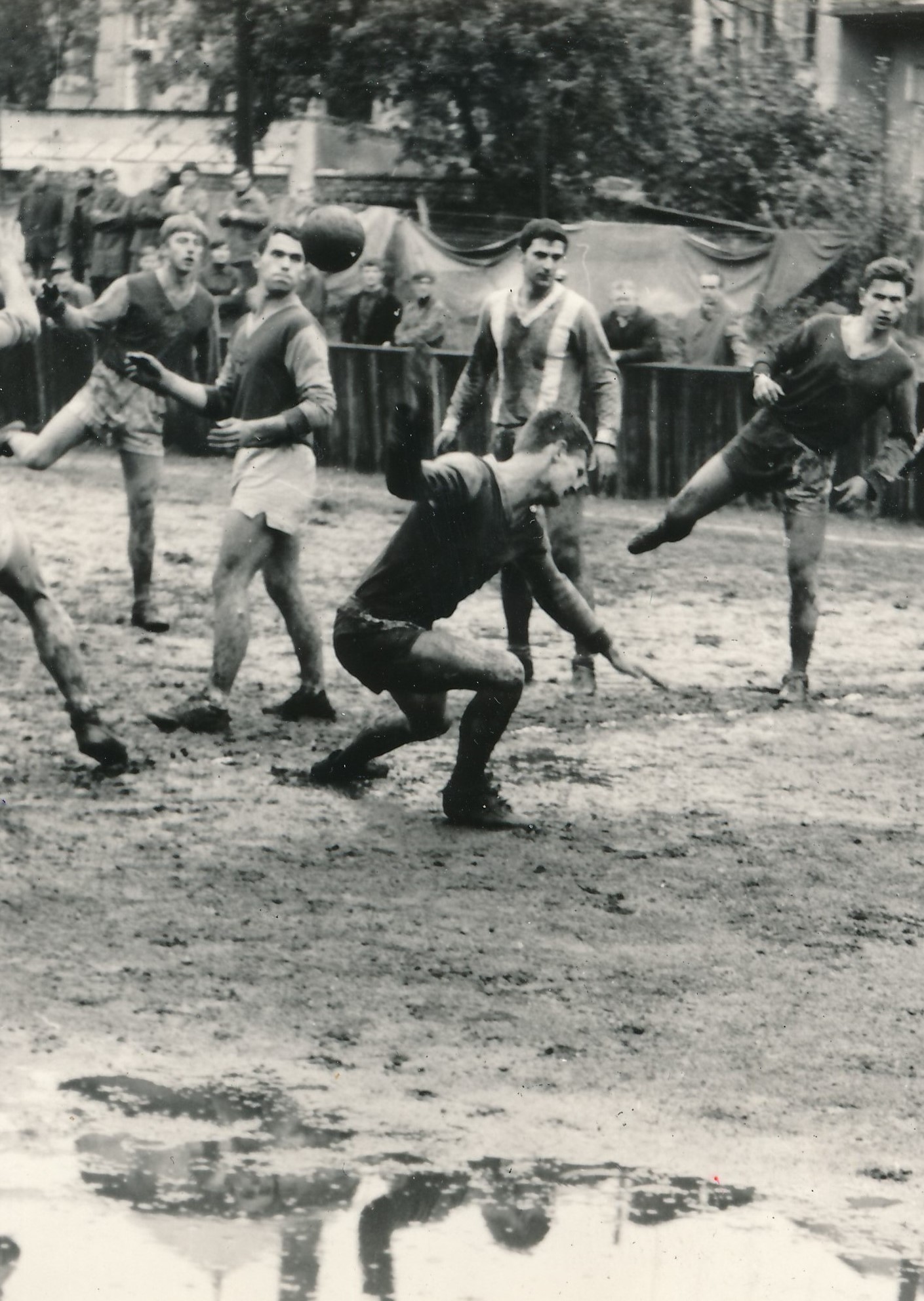
Download image
Vladimír Haber was born on August 26, 1949 in Pilsen. His brother Zdeněk was 14 years older and played hockey for Škoda Plzeň and the Czechoslovak national team. He led Vladimir to sports, their father played national handball. When Vladimír Habr was 11 years old, his mother died. In his teenage years, he played handball and hockey at the highest level. At the age of 18, he received a call-up order to join the handball club Dukla Liberec. He started there in the summer of 1968 and experienced the occupation of Prague by Warsaw Pact troops on August 21, 1968 at the Dukla Prague sports center. He spent the first year mainly in the Dukla B team in the second league, the second year he played for the Dukla A team in the first league and won the championship title. He left Dukla for Škoda Plzeň, where he met with other Czechoslovak representatives Vladimír Jarý and Jindřich Krepindl. In 1972, he won silver medals with them at the Summer Olympics in Munich. In the the finals, Czechoslovakia won over the Soviet Union after a memorable speech by coach Jiří Vícha in the dressing room before the match. With patriotic words, he whipped the team into a heroic performance. In 1974, Vladimír Haber won the title of champion of Czechoslovakia with Škoda Plzeň. In 1976, he finished in seventh place at the Summer Olympics in Montreal. In addition to Škoda Plzeň and Dukla Prague, he also played for Baník Karviná. In 1983, he left for the West German Bavarian club Bad Neustadt, where he stayed until 1987. After 1989, he returned to Bavaria. He coached Škoda Plzeň, with which he won two domestic titles. Together with Michal Barda, he led the Czechoslovak and Czech national teams. They advanced to the final tournaments of the World Handball Championship with only one exception. He and his wife raised a daughter, lived in Třemošná in 2022, had a grandson and a granddaughter. Vladimír Haber was then a handball expert for sports stations Sport 1 and Sport 2.
